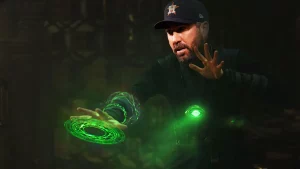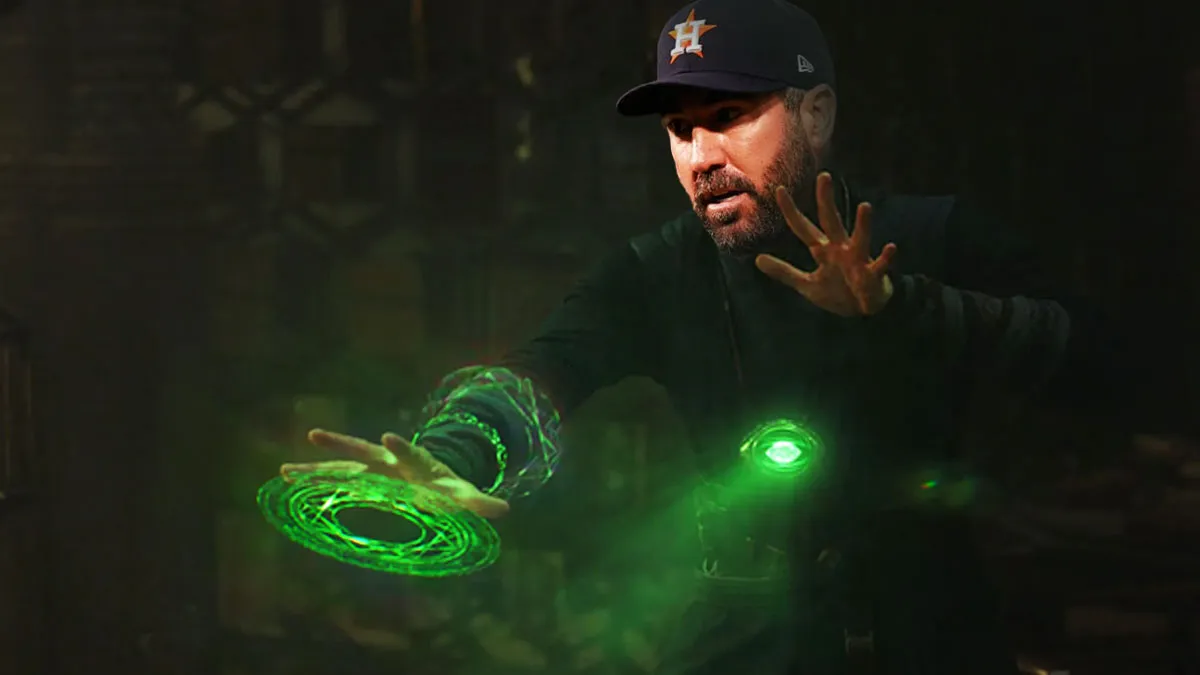In the world of baseball, moments of decision can dramatically influence the outcome of a game. Such was the case for Houston Astros pitcher Justin Verlander during a recent 5-0 defeat to the Philadelphia Phillies. This game marked Verlander’s second appearance since returning from the injured list, and a critical choice he made in the third inning seemed to seal the Astros’ fate.
During that fateful third inning, Verlander faced a challenging situation with two outs. He was up against Nick Castellanos, who had Trea Turner and Bryce Harper positioned at second and first base. Initially, it appeared as though Verlander might handle the at-bat effectively, especially after he delivered a 93-mph fastball that seemed to be in his favor. However, instead of sticking with the fastball, Verlander opted for a curveball on the next pitch, which Castellanos capitalized on by hitting a three-run home run.

After the game, Verlander voiced his regret over the pitch selection. He admitted that he should have trusted his initial instincts and thrown another fastball, as he suspected Castellanos was prepared for an off-speed pitch. “The selection bothers me. I kind of went away from my instincts there. First pitch, I just threw him a heater that my instincts said he wasn’t on, and I probably could have gone back to it — and should have gone back to it — and didn’t,” Verlander reflected, acknowledging the chess-like nature of baseball strategy.
Nick Castellanos confirmed Verlander’s hunch, stating that he was anticipating an off-speed pitch and was ready to attack it. “I had a pretty good idea that I was going to see an off-speed pitch at some point in the at-bat. And I saw that curveball pretty early, and hit it well,” Castellanos said, highlighting the accuracy of Verlander’s instincts.
Despite this setback, Verlander performed admirably in other aspects of the game, even if his overall effectiveness was not at its peak. The Astros have been facing tough competition recently, losing six out of their last eight games against teams with winning records. Now, the team’s immediate goal is to avoid a sweep by the Phillies, with Spencer Arrighetti set to pitch against Taijuan Walker in their upcoming game.
At 41, Verlander’s performance naturally reflects the effects of aging. His average fastball velocity this season is at its lowest since a previous dip in 2014-2015. Nevertheless, he continues to show resilience and skill, as demonstrated by his solid comeback after a two-month injury hiatus. The Astros will need Verlander to channel his veteran experience to maintain their lead in the AL West division as they navigate the remainder of the season.

